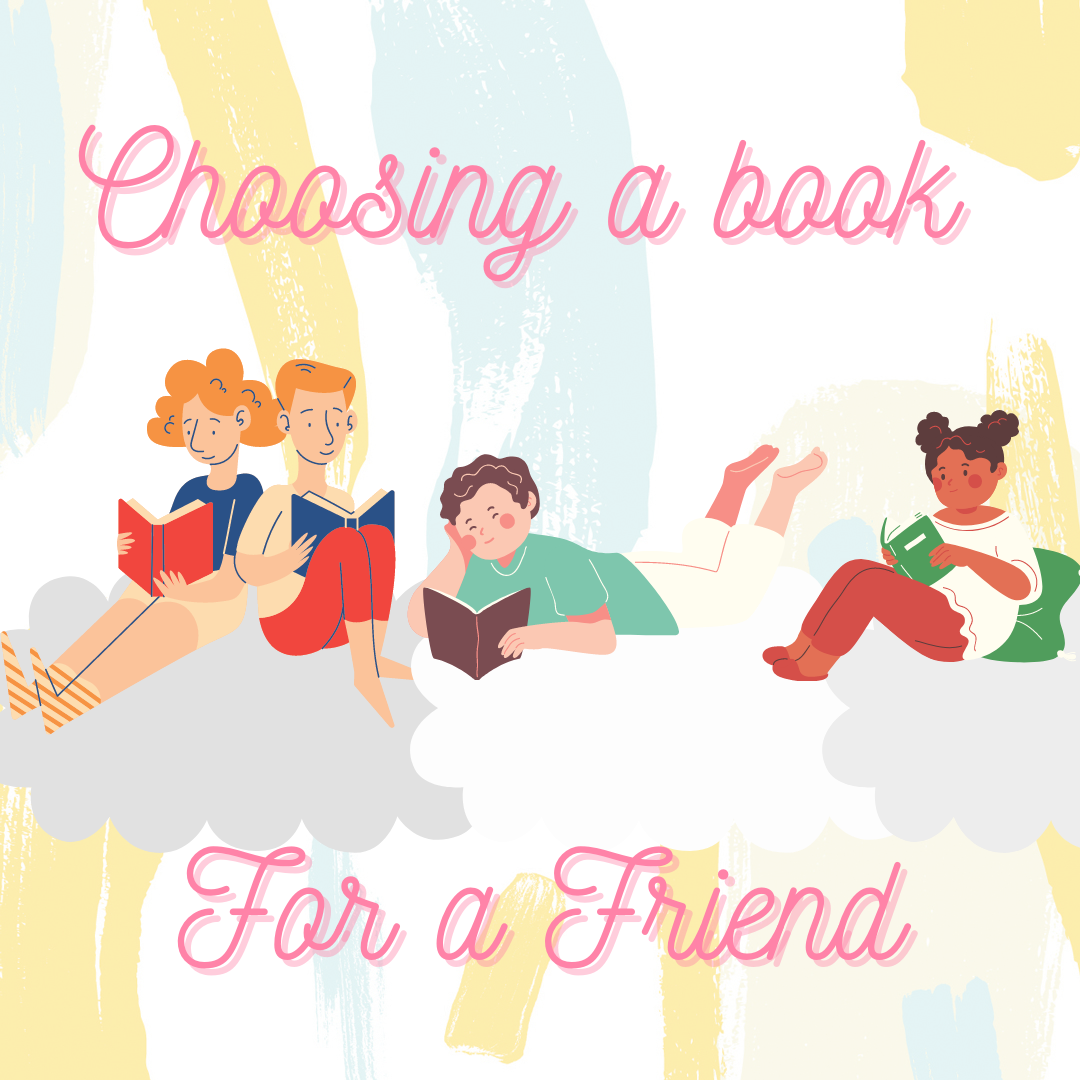

By Kirsty Miller
A Saturday spent browsing the shelves in Waterstones and adding to my ridiculously high pile of unread books is my idea of heaven, but there is something incredibly special about receiving a book as a gift. It shows that somebody has spent time choosing one they think I’ll like, and I believe this one of the most thoughtful, personal things they could possibly do for me. Any book lover will agree that there is no such thing as having too many books, and that receiving a new one is always a delight.
I’m lucky that everyone in my family is a bookworm and that we all have pretty similar tastes. We pass books around constantly and nick them off each other’s bookshelves, and I usually give them books for birthdays and Christmases.
However, picking books for others can be stressful and difficult. It’s a bit easier if you know what genres they like and can check their Kindle list first to see what they already have. But what if you don’t know what style they enjoy? What if they seem to have all the books in the world already? What if they aren’t a much of a reader and you’re trying to introduce them to a hobby you think they’d love?
It can be hard to know where to start. To help, I’ve come up with a list of some things you can think about which will hopefully make the book-gifting process a wee bit easier.
- Consider their wider interests
If you have no clue what type of book someone enjoys, or you know they don’t read that much already, thinking about their hobbies, their favourite TV series and the things they like talking about could really help.
There are so many different styles and genres out there to choose from, including the huge and diverse category of non-fiction. If you’ve never seen your sister engrossed in a fiction book but you know she’s really into politics, a political memoir is probably a safer bet than a new sci-fi release. For your friend who’s addicted to true crime documentaries on Netflix, you could stick to what he knows and choose a chilling true crime read – this is a niche which is booming in literature as well as TV – or go for an exciting fictional crime story. Do they like to cook? How about a recipe book? Are they moving, looking for a new job, or trying to get into meditation? There are books for that too!
I’m a firm believer that there is a book out there to suit everyone, and that those who think they hate reading probably just haven’t discovered the right thing yet. Something that ties into their hobbies or lifestyle could help them find their inspiration.
- Browse recent bestseller lists
Bestseller lists can be great places to get ideas – they obviously feature titles that have been widely recommended and have caught many people’s attention. Often, books on such lists are appreciated by all different types of readers, with addictive plots or interesting characters.
Sometimes, books come along which are so universally praised and discussed that suddenly everyone seems to be reading them. There is something thrilling about joining in a reading craze and understanding all the references. You feel like part of a community. From ‘Normal People’ to ‘Where the Crawdads Sing’, there have been so many instances of this recently. Deciding on a widely-loved bestseller means the reader will likely have heard of it, will be able to find conversations about it online, and will probably be very intrigued.
- Think about the book’s visual appeal
The first rule of literature: don’t judge a book by its cover. Right?
Actually, I think the importance of a book’s cover is commonly underestimated. The cover is usually what draws me in. Is it dark and mysterious? Quirky and interesting? Does it feature a beautiful scene I want to find out more about? I think the cover (and the accompanying reviews) can tell us a lot about the book and influence how inclined we are to read it.
When selecting a book for a family member, I generally like those that have a captivating cover or design. This doesn’t necessarily mean a perfect, pristine and expensive hardback. Second-hand books can have just as much, or even more, appeal. There is nothing like opening an old, weathered copy of a novel and finding handwritten notes in the pages which tell a different kind of story – that of the past owner’s experiences with the text.
New or vintage, the way a book looks can have a significant impact on the reader’s decision to dive into it, so it can be an important thing to consider when choosing books for others.
- Pick something you have enjoyed
If you love books, you undoubtedly have a wealth of experience of selecting and reading them. My final tip is to use this knowledge and trust your own instincts.
Although reading reviews can be very helpful, they can never really predict how someone will feel about a book.
What have you enjoyed reading? What would you recommend to others? What plots and writing styles do you think would be accessible to lots of different readers, or to the specific person you are choosing a book for? Being able to share your love of literature with those around you is one of the real joys of book-giving. It allows you to pass on your literary passions and show your loved ones that you are thinking about them. In my opinion, there is no better gift.
